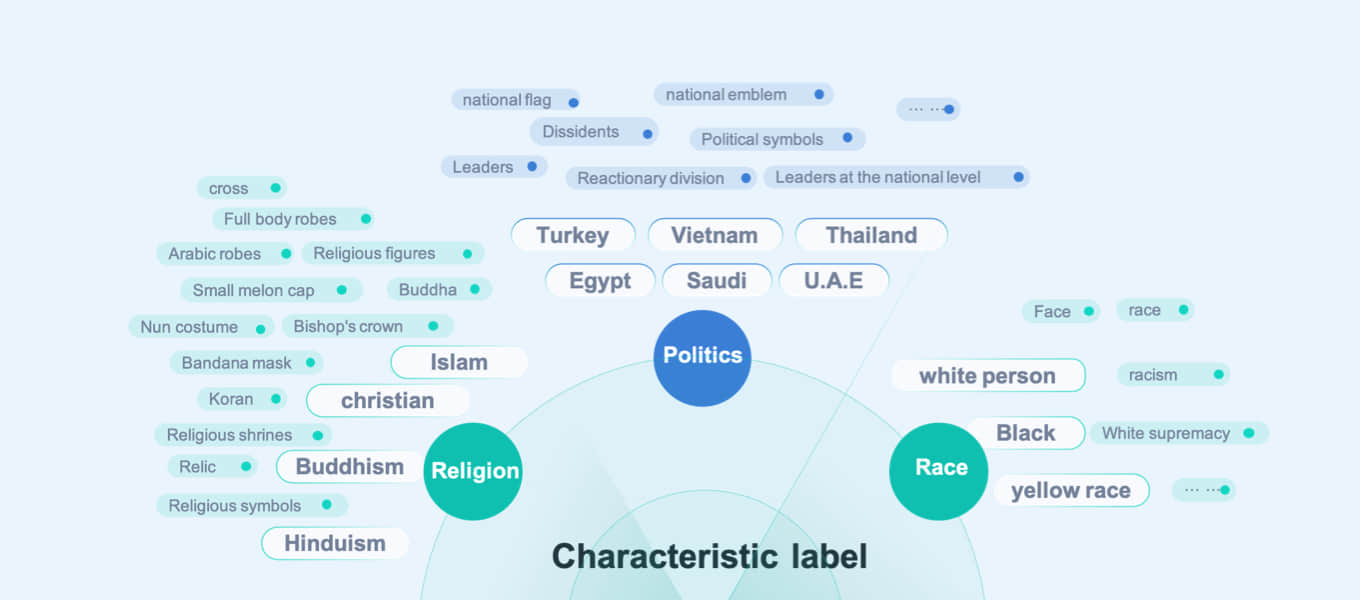< BACK TO ALL BLOGS
What is Content Risk Control?
June 9, 2023
Content risk control is a strategy for regulating and managing online content, aiming to
identify, prevent, and address potential risks associated with publishing, disseminating, and sharing
information content. Content risk control focuses on illegal activities, violations of policies and
community guidelines, content that undermines moral and social values, and other issues that may have
negative impacts on users, platforms, and society.
The primary goal of content risk control is to protect users and platforms from the effects
of inappropriate content and behavior, ensuring a safe, healthy, and orderly online environment.
To achieve this goal, content risk control adopts various methods and techniques, including:
Establishing clear content policies, community guidelines, and codes of conduct to
guide users and platform administrators on how to handle online content and behavior.
Utilizing manual and automated technologies for content review and monitoring to
promptly discover and address problematic content. Setting up dedicated risk management teams
responsible for handling reports, complaints, and emergency situations, as well as formulating and
implementing corresponding response measures.
Employing data analysis and risk assessment tools to regularly evaluate the content risk
status and adjust risk control strategies and measures based on the results.
Content risk control also involves collaboration with government regulatory agencies, industry
organizations, and other stakeholders to jointly address online content risks and safeguard the
security and order of cyberspace.
